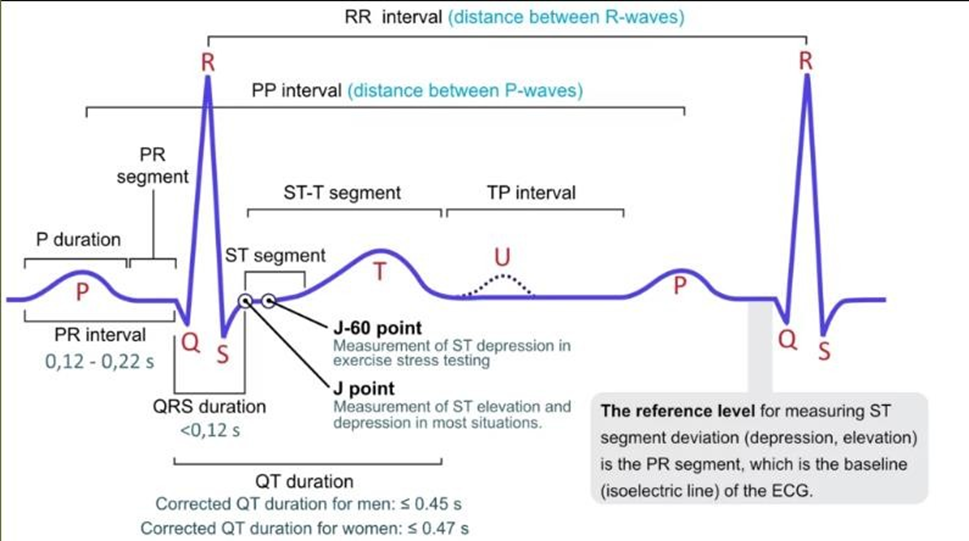A nurse is educating a client who was diagnosed with left testicular cancer and is scheduled for an orchiectomy. Which statement made by the client would require further teaching?
"After the surgery, I will have to be careful with heavy lifting for a few weeks."
"I know that after the surgery, I will only have one testicle left."
"I will have to take antibiotics as prescribed by my doctor to prevent infection."
"I will need to avoid showering for a month after the surgery."
The Correct Answer is D
A. "After the surgery, I will have to be careful with heavy lifting for a few weeks": This statement demonstrates understanding of postoperative precautions, as heavy lifting can strain the surgical site and delay healing.
B. "I know that after the surgery, I will only have one testicle left": This statement indicates awareness of the surgical procedure and its potential outcomes, which is accurate.
C. "I will have to take antibiotics as prescribed by my doctor to prevent infection": This statement reflects understanding of the importance of antibiotic therapy to prevent postoperative infection, which is correct.
D. "I will need to avoid showering for a month after the surgery": This statement is incorrect.
Avoiding showering for a month after surgery is unnecessary and could lead to poor hygiene and potential complications such as infection. The client should be educated that showering is typically allowed after surgery, but they should avoid soaking the incision site in water until it has healed properly.
Nursing Test Bank
Naxlex Comprehensive Predictor Exams
Related Questions
Correct Answer is "{\"xRanges\":[104.2578125,134.2578125],\"yRanges\":[114.30078125,144.30078125]}"
Explanation

Correct Answer is A
Explanation
A. Hypokalemia: Furosemide is a loop diuretic that works by increasing urinary excretion of sodium, chloride, and water, which can lead to potassium loss. Hypokalemia is a common electrolyte imbalance associated with the use of loop diuretics like furosemide. Potassium depletion can cause various complications, including cardiac dysrhythmias, muscle weakness, and fatigue.
B. Hypocalcemia: Furosemide does not directly affect calcium levels, so hypocalcemia is not a common electrolyte imbalance associated with its use.
C. Hypernatremia: Furosemide promotes the excretion of sodium, so hypernatremia (elevated serum sodium levels) is not typically a concern with its use.
D. Hyperkalemia: Furosemide can cause potassium loss, so hyperkalemia is not a risk associated with its use.
Whether you are a student looking to ace your exams or a practicing nurse seeking to enhance your expertise , our nursing education contents will empower you with the confidence and competence to make a difference in the lives of patients and become a respected leader in the healthcare field.
Visit Naxlex, invest in your future and unlock endless possibilities with our unparalleled nursing education contents today
Report Wrong Answer on the Current Question
Do you disagree with the answer? If yes, what is your expected answer? Explain.
Kindly be descriptive with the issue you are facing.
